Research Papers/Articles
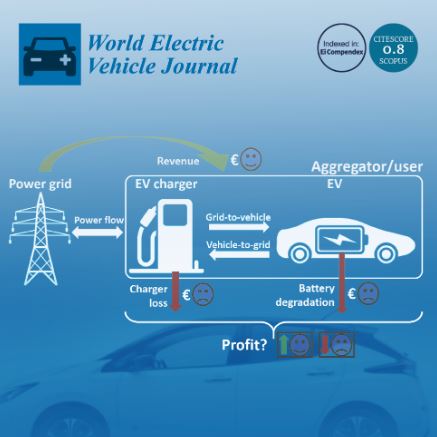
Technoeconomic Analysis and Environmental Impact of Electric Vehicle Introduction in Taxis: A Case Study of Mexico City
2021
Author(s): Fuentes DAM, González EG
In Mexico City, urban air pollution has risen dramatically in recent decades, leading to harmful effects on the ecosystem. New sustainable technologies have been adopted in the transportation sector to reduce pollution emissions.
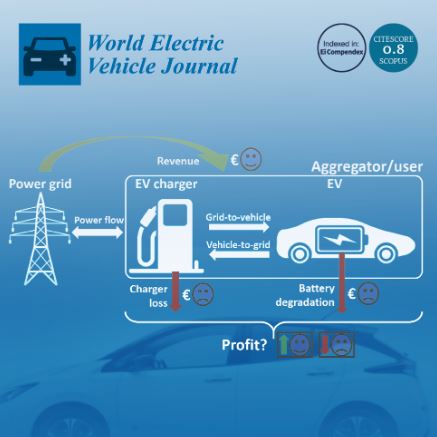
Improved Prediction of Total Energy Consumption and Feature Analysis in Electric Vehicles Using Machine Learning and Shapley Additive Explanations Method
2021
Author(s): Pokharel S, Sah P, Ganta D
The independent variables used for the study include changing real-life situations or external parameters, such as trip distance, tire type, driving style, power, odometer reading, EV model, city, motorway, country roads, air conditioning, and park heating. The authors compared the ML models’ performance along with the error analysis
Green Vehicle Rating Methodology
2021
Author(s): Tyagi B, Kumar S, Sasidharan C, Saraswat J, Varun BR
This paper presents the approach, assumptions, and analytical process used to calculate the ratings in GVR Phase 2, launched in 2021 for both ICE vehicles and EVs.
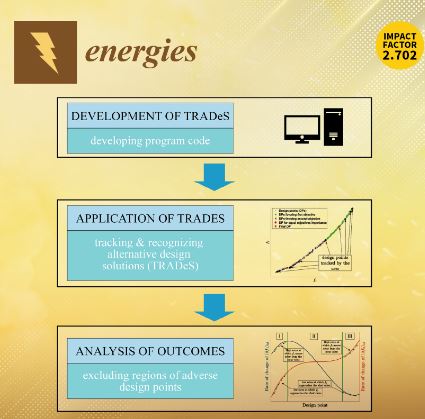
A Comprehensive Study of Key Electric Vehicle (EV) Components, Technologies, Challenges, Impacts, and Future Direction of Development
2017
Author(s): Un-Noor F, Padmanaban S, Mihet-Popa L, Mollah MN, Hossain E
This paper is focused on reviewing all the useful data available on EV configurations, battery energy sources, electrical machines, charging techniques, optimization techniques, impacts, trends, and possible directions of future developments. Its objective is to provide an overall picture of the current EV technology and ways of future development to assist in future researches in this sector.
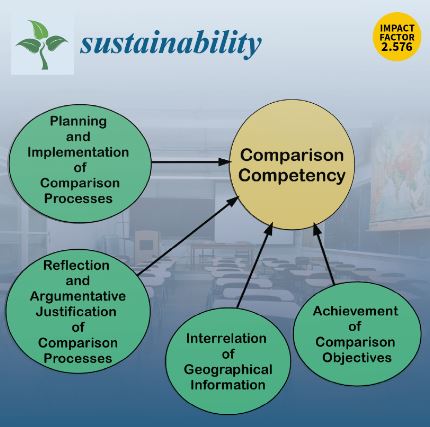
Toward the Dynamic Modeling of Transition Problems: The Case of Electric Mobility
2021
Author(s): Zolfagharian M, Walrave B, Romme AGL, Raven R
Transportation systems are transitioning to e-mobility, but scholars and policymakers are struggling to understand how to accomplish this transition effectively. In this article, the authors studied the ongoing e-mobility transition in the Netherlands using an entity-based SD model.
Optimal Fast Charging Station Locations for Electric Ridesharing With Vehicle-Charging Station Assignment
2021
Author(s): Ma T-Y, Xie S
Electrifying shared vehicle fleets has become increasingly popular due to the benefits of the zero-emission nature of battery electric vehicles and lower per-mile operating costs.
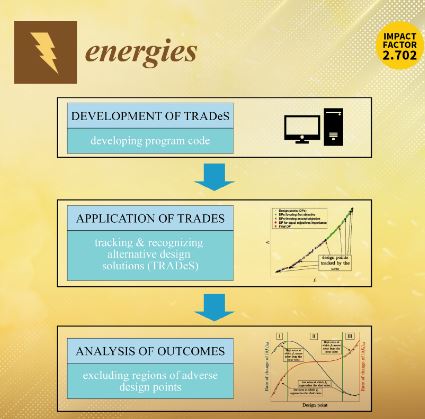
Electric Mobility in Cities: The Case of Vienna
2021
Author(s): Ajanovic A, Siebenhofer M, Haas R
The core objective of this paper is to analyze the economics of e-mobility in the Austrian capital of Vienna and the corresponding impact on the environment.
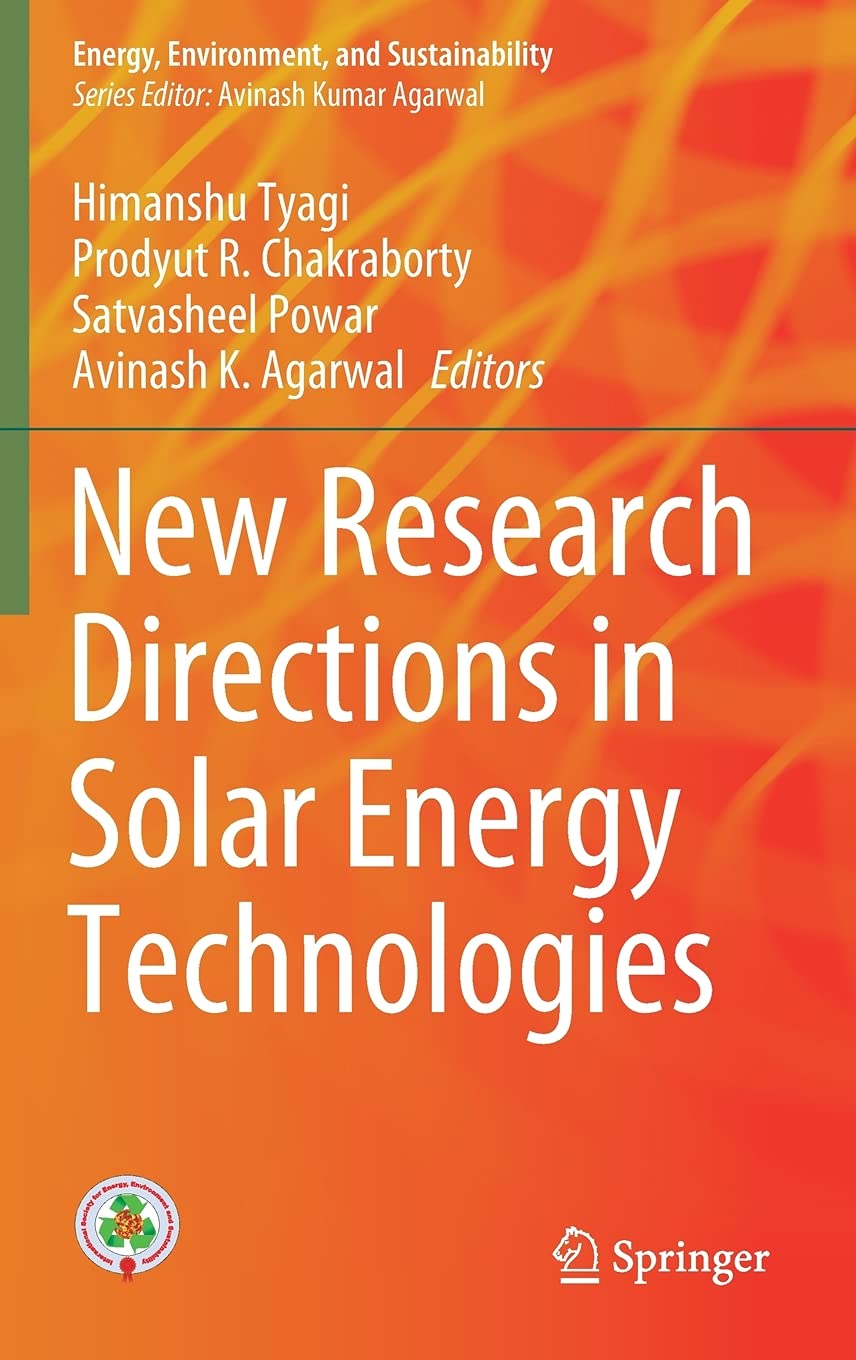
Solar-Based Electric Vehicle Charging Stations in India: A Perspective
2021
Author(s): Kumar R, Bharj RS, Bharj J, Singh GN, Sharma M
This chapter presents a detailed review of EV charging systems and solar-based EV charging systems, infrastructure, methodology, and their implementation in India.

Analyzing the Impact of Roadmap and Vehicle Features on Electric Vehicles Energy Consumption
2021
Author(s): Sanguesa JA, Garrido P, Martinez FJ, Marquez-Barja JM
In the vehicular field, researchers frequently use simulators to validate their proposals before implementing them in real world, while reducing costs and time. In this work, the authors use ns-3 network simulator enhanced version to demonstrate the influence of the map layout and the vehicle features on the EVs consumption.
Prospects for the Development of Electric Vehicle Charging Infrastructure in Poland in the Light of the Regulations in Force
2021
Author(s): Sendek-Matysiak E, Pyza D
The purpose of this article is to indicate in which, specifically, municipalities, according to the act, electric vehicles charging outlets are to be located.



